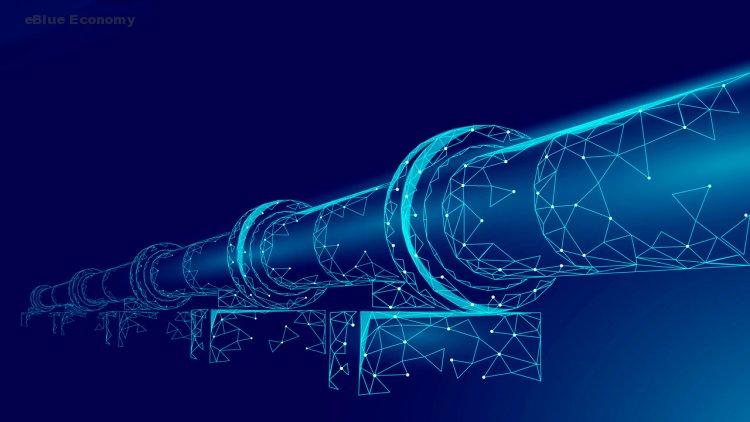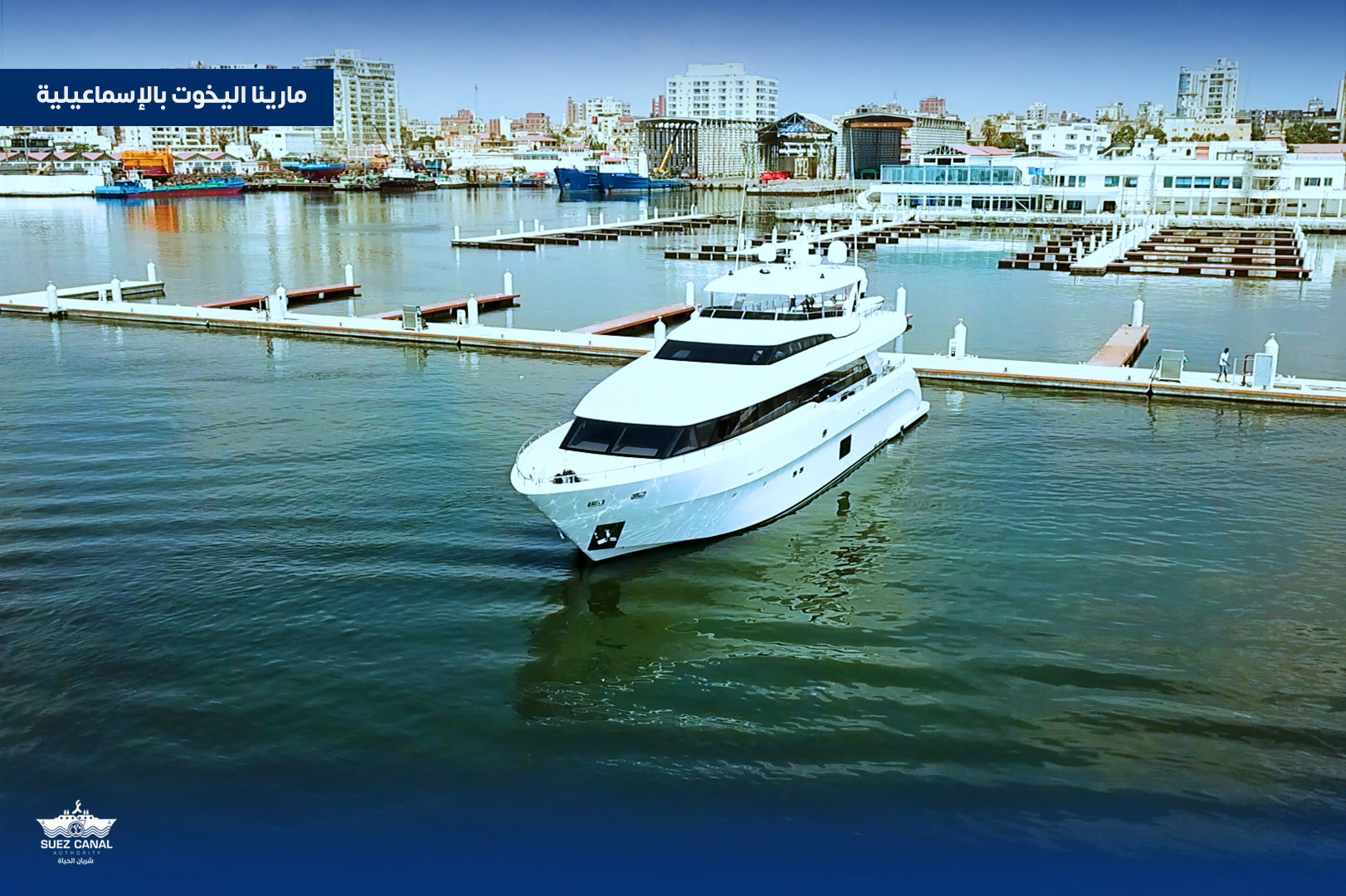DNV, the independent energy expert and assurance provider, is working with Wintershall Noordzee (Wintershall) and the OTH Regensburg University of Applied Sciences to explore how existing natural gas pipelines in the southern North Sea can be used for future carbon dioxide (CO2) transport, according to the company’s release.
The work scope entails large-scale CO2 pipeline testing of running fracture in submerged (water) conditions, which is a world-first for the energy industry, and a comparison with similar testing of the pipe in the open air. The aim of the tests is to quantify the potential beneficial effect of the water surrounding the pipeline on the crack arrest behavior for a specific pipeline and thus better define the model parameters used for different backfill types.
Further, preliminary simulation results using numerical models suggest that running fracture in pipelines transporting dense phase CO2 may be easier arrested in submerged conditions vs in air. The project initiated by Wintershall will also aim at experimentally validating this theory.
The large-scale testing of the CO2 pipelines will take place at DNV’s Testing and Research Facility at Spadeadam in the UK. Wintershall will provide the design of the fracture arrest test and test-set up, with guidance from OTH and DNV followed by interpretation of the results. There are currently plans for two large-scale tests to be carried out in different environments: in air and submerged in water (>5 m depth) and option for testing the pipeline buried in the soil.

The project will provide validation of the effect of having the pipeline submerged in water with respect to the capability to arrest a running ductile fracture. Beyond that, the project is expected to provide very valuable input to the validation of numerical models for running ductile fracture.
DNV’s 2021 Energy Transition Outlook forecasts that although fossil fuels are gradually losing position, they still retain a 50% share of the energy mix in 2050. With support from CCS, integrated hydrocarbon and renewable energy technologies offer significant potential to help achieve climate goals and secure a rapid energy transition. Globally, governments and the sector are consulting on business models for CCS across the industry, power generation, hydrogen production, and the re-use of oil and gas assets for CCS.

According to The International Energy Agency, CCS is the single most important technology available in the battle to reduce CO2 emissions from power and industrial sources. Analysis from DNV’s Pathways to net-zero report shows that 21% of the energy mix is derived from fossil fuels in 2050 and CCS is a must to remove the final 20% of emissions. Industries with unavoidable process emissions will soon be dependent on underground offshore storage sites for the capture and safe storage of their CO2 emissions.
About DNV
DNV is an independent expert in risk management and assurance, operating in more than 100 countries. Through its broad experience and deep expertise DNV advances safety and sustainable performance, sets industry benchmarks, and inspires and invents solutions. Whether assessing a new ship design, optimizing the performance of a wind farm, analyzing sensor data from a gas pipeline , or certifying a food company’s supply chain, DNV enables its customers and their stakeholders to make critical decisions with confidence.
DNV provides assurance to the entire energy value chain through its advisory, monitoring, verification, and certification services. As the world’s leading resource of independent energy experts and technical advisors, the assurance provider helps industries and governments to navigate the many complex, interrelated transitions taking place globally and regionally, in the energy industry.
About Wintershall Dea

Wintershall Dea is Europe’s leading independent natural gas and oil company with more than 120 years of experience as an operator and project partner along the entire E&P value chain. The company with German roots and headquarters in Kassel and Hamburg explores for and produces gas and oil in 13 countries worldwide in an efficient and responsible manner. With activities in Europe, Russia, Latin America, and the MENA region (the Middle East & North Africa), Wintershall Dea has a global upstream portfolio and, with its participation in natural gas transport, is also active in the midstream business.
















